One of our core values is “continually growing.” This comes in a number of forms in our day-to-day practices at RocketBuild. Among them are CI (continual improvement) days, in which team members take a day off from production to learn something new, then bring it back to the team. Additionally, we have set aside a portion of our team lead’s time to allow for training, coaching, and mentoring of less experienced developers.
But after our annual retreat this year, we decided to add a new professional development mechanism…
RocketBuild is Going Tribal
Any time a RocketBuild team member reads something that could feasibly improve our team, they are encouraged to share their thoughts with the rest of the team. Recently, Jason Ward, read Tribal Leadership, a popular book from a few years back studying high-performance cultures. That book prompted a few different conversations in the office but it all culminated in us moving forward with the authors’ ideas of using triads to help promote personal development within an organization.
Happiness in Threes
Reach out to Jason Ward if you’d like to discuss this idea in depth, but for our purposes the idea was to let our team order itself into groups of three that would meet regularly about a specific subject of interest. At that point, the triad becomes a self regulating unit that learns about their particular subject in whatever way makes the most sense for the group and the topics. Take turns teaching a newly learned concept to the other members? That works. Agree upon a reading list for a focussed “book club”? By all means. Whatever your group decides is the best way to attack a subject is fair game.
Getting Started
So how do you get started? At RocketBuild, we started with a full team meeting where we brainstormed all sorts of different subjects that we thought might be of interest. This proved to be fairly easy and we came up with enough to get us started and fill a backlog to grow into. Next up, we went around the room asking who was interested in which subject. Of course, we’re a curious bunch, so we had too many people on each subject, so we decided that each team member could only be assigned to two different triads at a time, and forced people to choose which they liked most. Pretty quickly, we had several shiny new triads to move forward with.
Why three?
You may think of a strong relationship as one between two people; Mother and daughter, brother and sister, two friends, but adding a third person will always stabilize and grow relationships between the other two. Unlike traditional two-person relationships that might develop into a “I’m great (and your not)” type of relationship, the triad leads to a blurring of roles, meaning any one member is responsible for the quality of the relationship between the other two. The theory behind triads is that any relationship could be improved with a third, stabilizing element.
Diving In
We’re only a handful of weeks into this new addition, but so far the team is responding extremely well. The members of each triad seem to look forward to each meeting. It gives them a chance to explore something outside of their normal routine, to “flex a different set of muscles,” all while still feeling productive and effective.
In case you’re interested, here’s a list of the triads that we’re starting with:
- UI/UX Best Practices
- Jira Improvements
- Asking Better Questions
- Refining Company Culture
- Web Application Security
- Dev/Ops Best Practices
Does this sound like something you’d want to try in your organization? How do you fit professional development into your busy work days?







